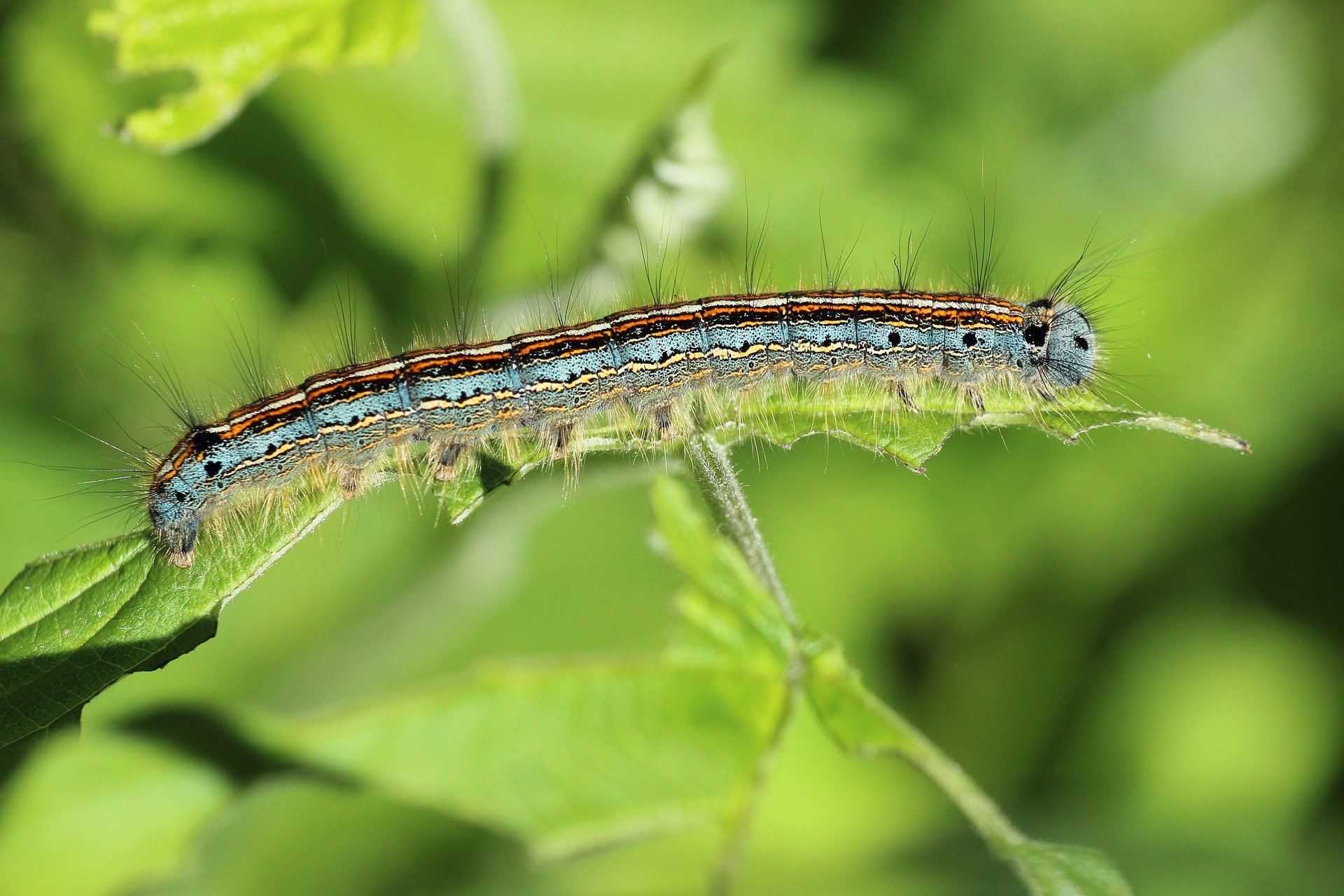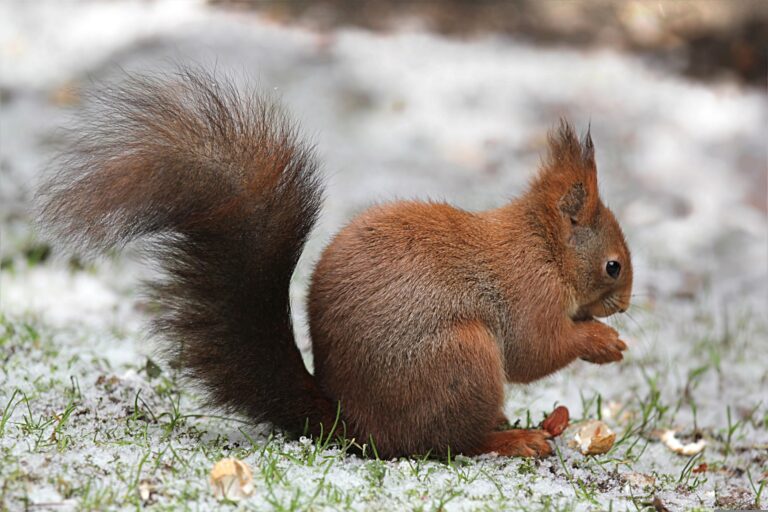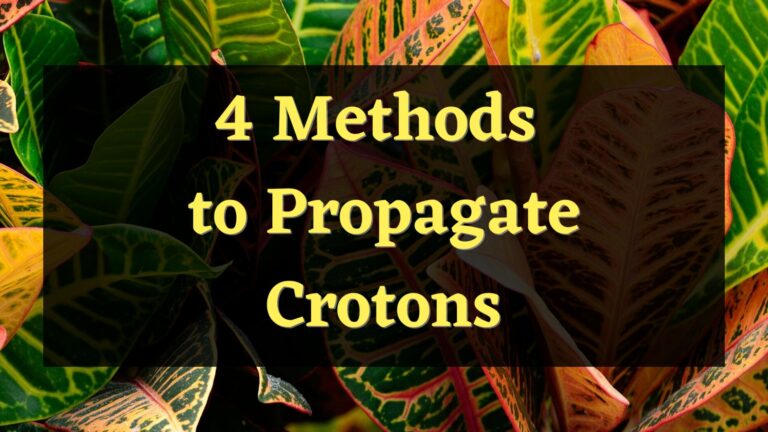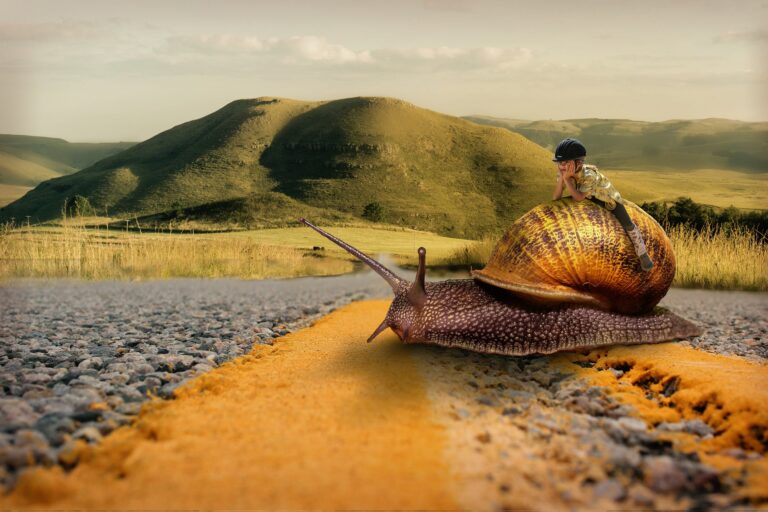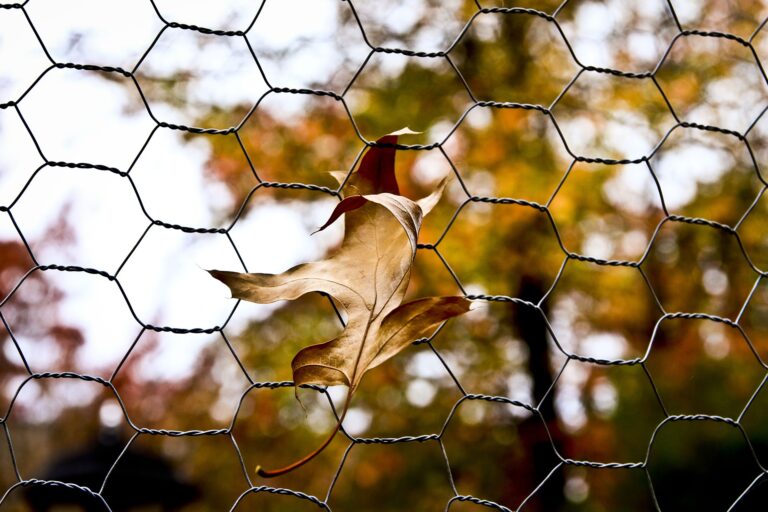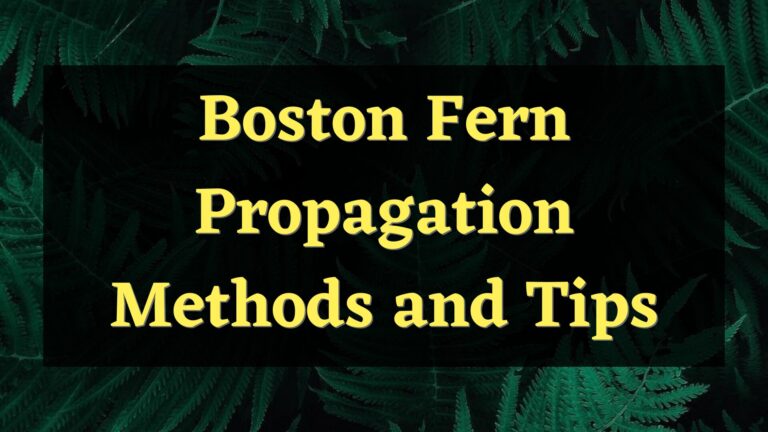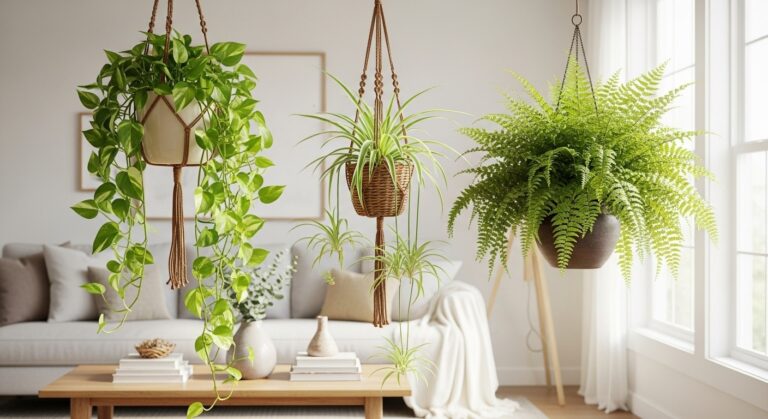What Do Caterpillars Hate? Caterpillars are the larval form of certain kinds of butterflies and moths, belonging to the insect order Lepidoptera (the insect order that also contains moths).
These caterpillars are known for their ability to turn into beautiful insects and butterflies with ease, but most people don’t know about the amazing transformation these little creatures go through!
This article will share what caterpillars hate, how to care for them, and some of the fun things you can do with them. These fun facts about caterpillars are sure to impress even your most science-oriented friends!
What Do Caterpillars Hate? ( Plants Section )
Caterpillars are one of the most common garden pests, and they can wreak havoc on your plants. One of the best ways to deter caterpillars is to grow some plants in your garden and via their scents, you can win the war against caterpillars.
Here are some of the plants which you can grow in order to deter them and use them to prevent other growing plants.
- Lavender
Caterpillars are the larvae of moths and butterflies. They eat leaves, which makes them a major pest for gardeners. Luckily, you can use some plants to deter them from coming near your garden.
One of the most effective deterrents is lavender. Lavender has a potent smell that makes it difficult for the caterpillar to eat anything near it.
Plus, lavender flowers will be attractive to pollinators such as honeybees, which also deter caterpillars because they’re not attracted to the flowers.
Planting lavender in the ground should be enough to keep your yard safe, but if you don’t have much space or want more protection from insects you might want to consider planting it in containers too.
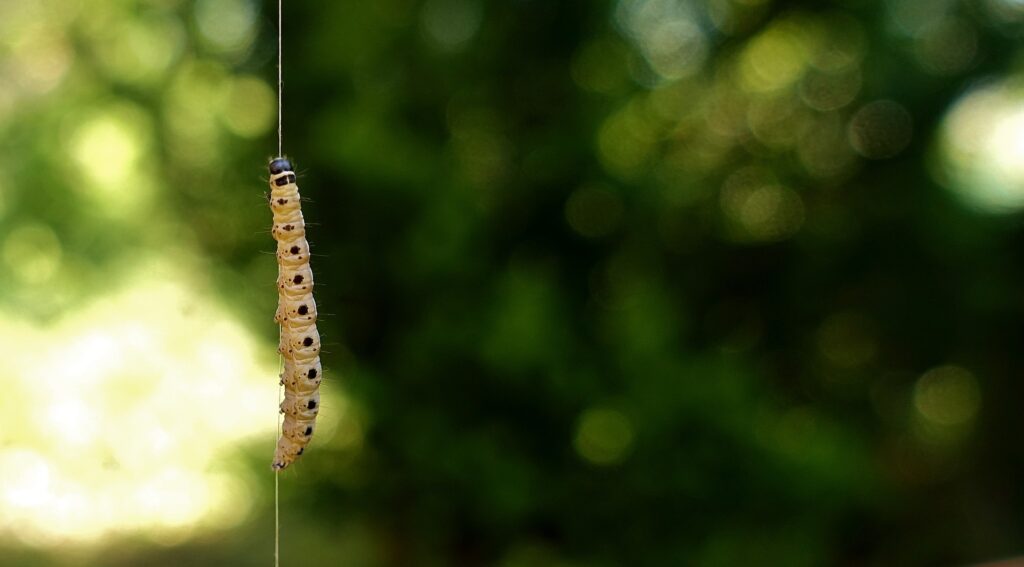
Also, remember that lavender isn’t just good for protecting against caterpillars- ants won’t bother with any food or water near the plant because they find its smell disgusting!
- Rosemary
Rosemary is a perennial herb that is native to the Mediterranean region. It has a sweet and delicate flavor and pairs well with many foods, such as fish, chicken, pasta sauces, potatoes, lamb shanks, and even sweet desserts. Growing rosemary in your own garden will allow you to have access to this versatile herb all year long.
- Grow rosemary in an area with full sun exposure and moist but well-drained soil
- Plant your seeds about two inches apart from each other and cover them lightly with soil
- Water your plants regularly until they are established and then water once or twice a week during dry periods of summer or drought conditions
- Avoid planting rosemary near peas and beans because these legumes can carry diseases that can affect the growth of rosemary
If you are looking for a natural way to keep caterpillars off your plants, then planting rosemary may be your answer. Rosemary is a member of the mint family and shares many of the same qualities as other herbs in this plant family.
Specifically, rosemary has been known to deter caterpillars because they dislike the smell of it. In addition, most members of the mint family are hearty plants that can survive in difficult conditions including drought and poor soil quality.
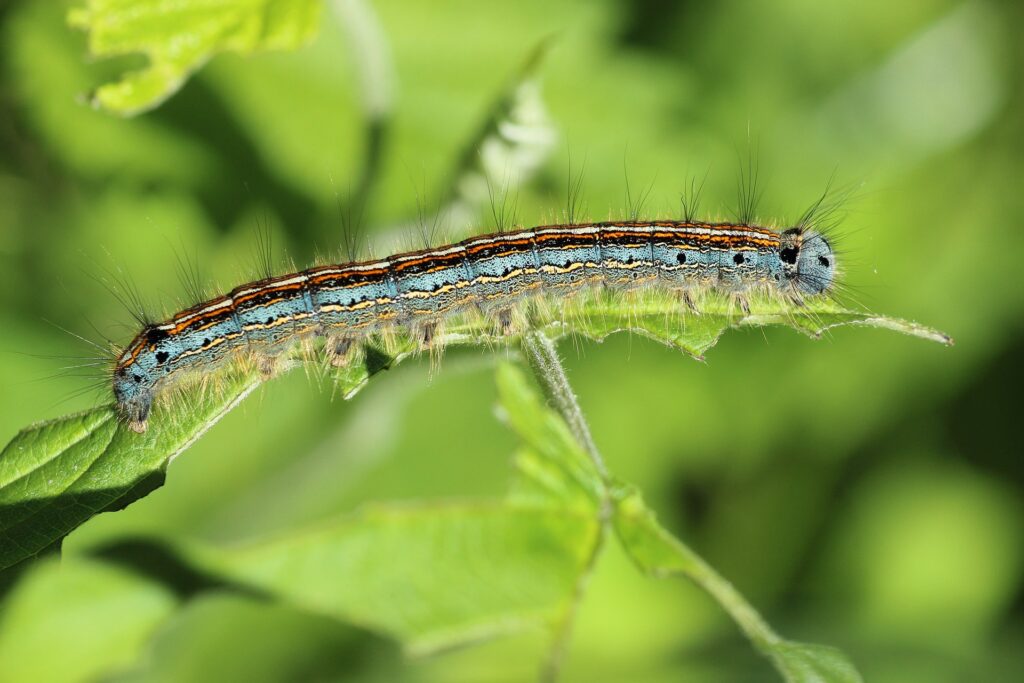
Other Plants to Consider to deter caterpillars
#1. Basil: Basil is a strong-smelling herb that can deter caterpillars from destroying your plants. Place fresh basil leaves near the affected plants to keep them away.
#2. Cedar: This evergreen tree has been used to ward off pests such as caterpillars for centuries. The cedar also helps to repel insects and other pests due to its natural oils which are released when the tree is cut or damaged.
#3. Citronella Grass: This plant grows in clumps and releases a citrus smell that will deter pests like caterpillars from ruining your garden or home plants with their droppings, especially at night when they are most active and drawn to smells of citrus in order to find a host plant on which they can feed on sap and leaves.
Citronella grass makes an excellent ground cover as well so it won’t take up too much space. It only needs to be watered occasionally but can be planted anywhere.
Also, Read – How to get rid of spider mites during flowering
What Smells Do Caterpillars Hate?
Caterpillars are often seen eating the leaves of plants. This can be a very good thing because they eat a lot of pests that destroy crops. However, this also means that they will not hesitate to eat your favorite plants when you are not looking.
The best way to keep them away is with a simple solution of soap and water in a spray bottle. Spray the leaves in your garden with this mixture and the smell will be repulsive to them as well as toxic if ingested use the smell of the following items that are outlined below.
- Cloves
Cloves emit a potent aroma that keeps pests away, including those pesky little caterpillars that love to munch on all of your beautiful green foliage during the warmer months.
For this particular type of pest deterrent, you’ll want to grind some cloves up and mix them with water or oil before spraying them onto any plant surfaces that are often chewed upon by these bugs.
If you’re using it indoors, make sure to ventilate well afterward because the clove scent can be quite powerful.
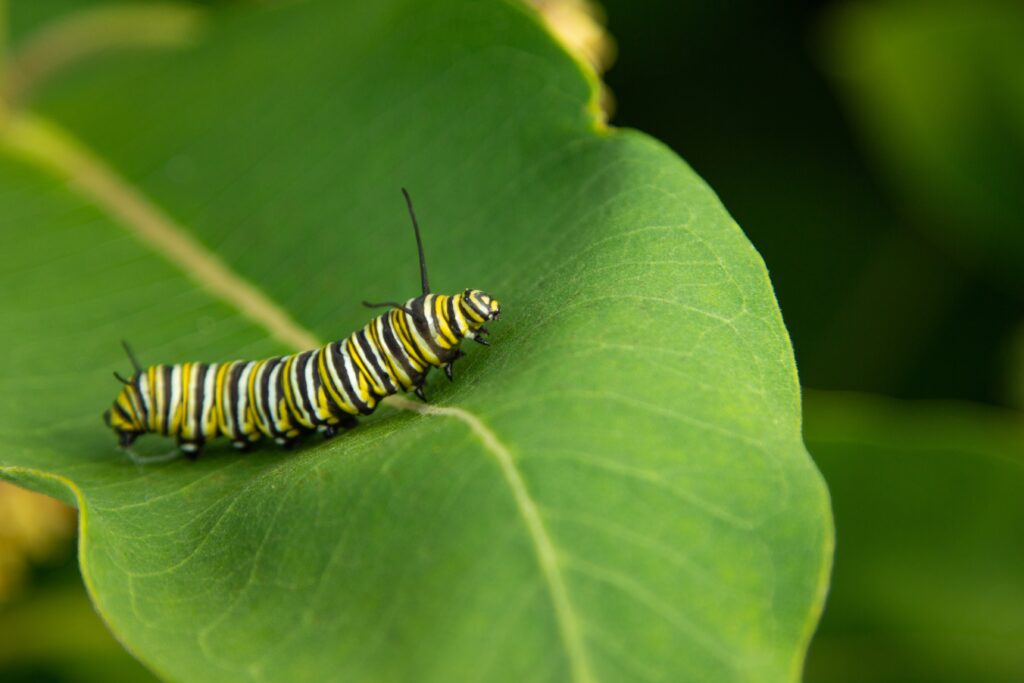
- Vinegar
Caterpillars can be a real problem when they start eating your plants. Fortunately, there are some easy ways to deter them. One is to spray the foliage with a mix of water and vinegar.
The smell of the vinegar deters caterpillars from eating, while also giving your plants a fresh new smell. In addition, mixing up a batch of old coffee grounds with water will work just as well to deter caterpillars.
Finally, you can try rubbing lemons over your leaves as a natural way to keep them away.
What Predators Do Caterpillars Have?
Caterpillars have a variety of predators. Some of them include wasps, ants, birds, and spiders. The most common predators are parasitic wasps. These wasps lay their eggs inside the caterpillar’s body and as the eggs hatch, they feed on the caterpillar until it dies.
In order to protect themselves from these predators, some caterpillars turn bright colors that help them blend in with their surroundings or they may make clicking noises to warn other nearby caterpillars that a predator is near.
Other defense mechanisms include hairs that can irritate an animal’s mouth if it tries to eat the caterpillar or an unpleasant taste to repel animals who would like to snack on one of these fuzzy critters.
Summary
Caterpillar skin is highly sensitive. It’s important to use only natural materials to clean up caterpillar spills and take care not to touch the animal itself.
Caterpillars are some of the most iconic insects in nature. While they may be small and often overlooked, caterpillars play a very important role in the ecosystem.
They are one of the main food sources for many bird species, their silk makes up 10% of all insect-produced silk, and they recycle plant material. But what do caterpillars hate?
Well, for starters, caterpillars don’t like to be touched or disturbed by anything that could harm them or ruin their habitat (which can happen if you pick them up). They also don’t like bright lights.
Bright lights can kill off bacteria and fungi which live in their bodies. If these beneficial organisms die then it will have adverse effects on the caterpillar’s growth and survival or you can follow the methods mentioned in the article to deter caterpillars.
Meet Tomas Clayton, a seasoned plant gardener who has been passionate about horticulture since he was a child. Tomas John developed a love for the natural world and a strong appreciation for the beauty of plants while growing up on a farm.

